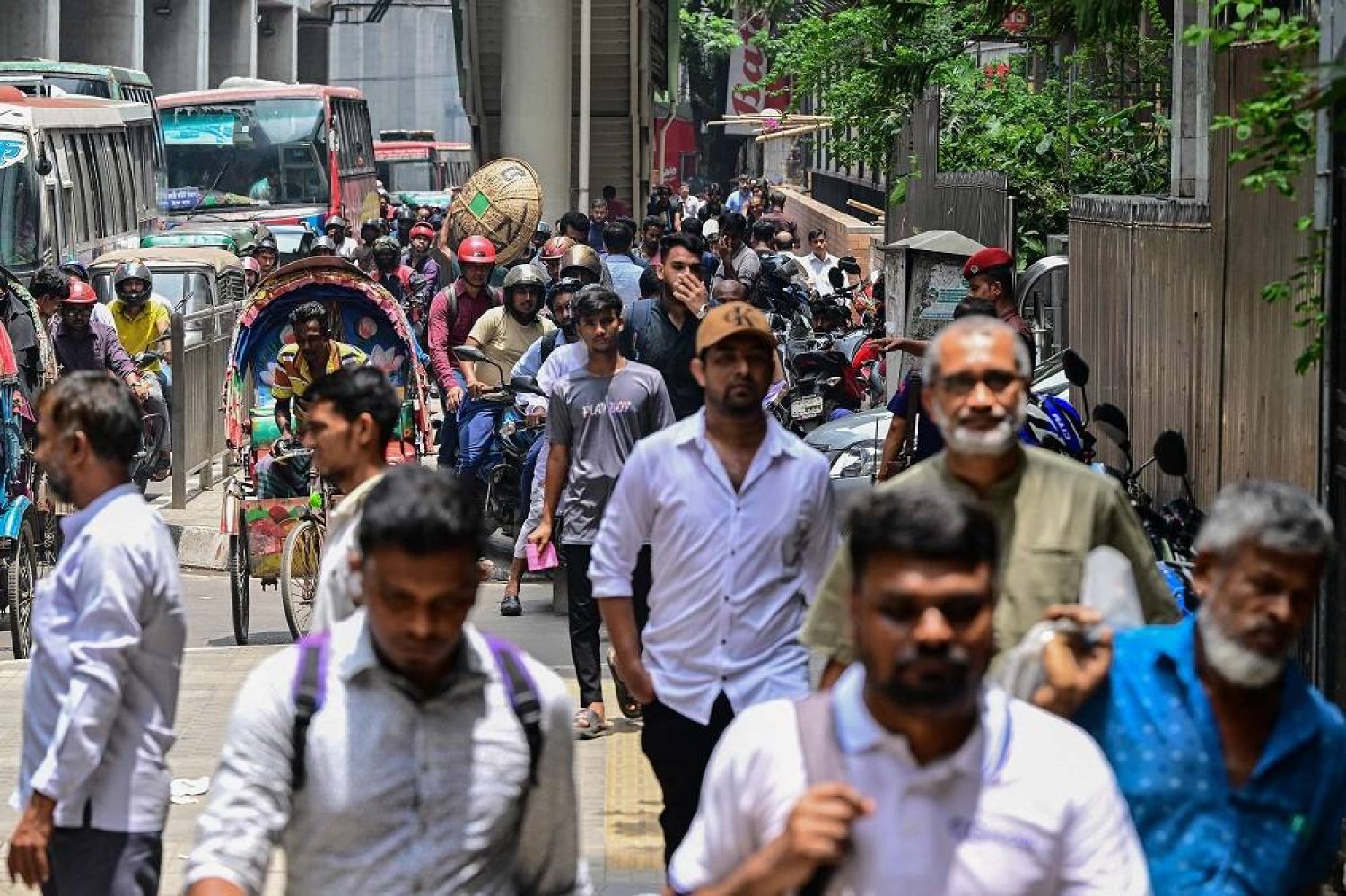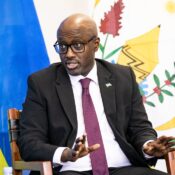
Bangladesh banks and factories reopen as the curfew is relaxed following a slowdown in protests
Wednesday saw rush-hour traffic return to the streets of Dhaka, the capital of Bangladesh, as a curfew was lifted following four days of widespread unrest in response to university students’ deadly protests over government job quotas.
Days after protestors and security forces clashed, killing over 150 people, offices reopened and broadband internet was mostly restored, but social media remained blocked.
Since the Supreme Court’s decision on Sunday, which upheld the government of Prime Minister Sheikh Hasina’s appeal and mandated that 93% of positions be filled on the basis of merit, the nation has experienced relative peace.
Following a production halt during the curfew, Bangladesh’s staple textile and apparel industries—which supply major Western brands—also started reopening some of their plants.
“Today, all of our factories are open. According to S.M. Mannan, president of the Bangladesh Garment Manufacturers and Exporters Association, “everything is going well.”
Banks and the stock exchange both reopen after being closed for the previous two days.
People were walking throughout Dhaka, some heading to their offices as public transportation started to operate in certain areas.
“It was a hassle to get to work on time,” the capital’s private sector employee Shamima Akhter stated. “For security concerns, certain highways remain shut. I have no idea when things will return to normal.
Local news websites were back online as well, having not updated since Friday.
When the curfew was implemented starting at midnight on Saturday, the army was stationed in the streets and mobile internet was cut down by the Bangladeshi government.
The government said that on Wednesday and Thursday, curfew restrictions would be loosened for seven hours, and that offices would be open from 11 a.m. to 3 p.m.
PUBLIC REQUIREMENTS
Experts claim that months after Hasina’s victory in a national election boycotted by the major opposition party in January for a fourth consecutive term in office, the student protest has rekindled her detractors’ momentum.
According to Geoffrey Macdonald of the US Institute of Peace, “the informal federation of government critics appears deeper and wider than before the election, which presents a serious challenge to the ruling party.”
Hasina, 76, is the daughter of Bangladesh’s founding father, Sheikh Mujibur Rahman, who spearheaded the nation’s fight for independence from Pakistan.
A 30% reservation for the families of soldiers of the 1971 independence war was part of the previous 56% job quotas, which opponents claimed favored Hasina’s Awami League members.
The quotas were eliminated by Hasina’s administration in 2018, but they were reinstated last month by a high court decision.
Students were incensed because government sector jobs, with their regular salary increases and benefits, were highly valued due to quotas that left less than half of state jobs open on merit amid a crisis of unemployment, notably in the private sector.
Hasina has attributed the violence to her political rivals, and her administration declared on Tuesday that it will follow the Supreme Court’s decision.
In addition to accusing Hasina of authoritarianism and a crackdown on her critics—charges her administration has refuted—the main opposition Bangladesh Nationalist Party has denied any involvement in the violence.
Students on protest have issued a new 48-hour ultimatum to the government, demanding that it fulfill four more demands from an eight-point list. They also stated that they would make an announcement about their next move on Thursday.
“We want the government to meet our four-point demand, including restoration of internet, withdrawal of police from campuses, and opening universities (which have been closed for a week),” Nahid Islam, the protest coordinator, stated.
All Categories
Recent Posts
Tags
+13162306000
zoneyetu@yahoo.com



